Description
Die Zeichen by Otto Freundlich printed on a T-Shirt
About the T-Shirt
Regular fit
Standard length, the fabric easily gives into movement
Casual wear
A classic, everyday option loved by our customers
Side-seamed
Constructed by sewing two parts together, creating a fitted look
The Unisex Staple T-Shirt feels soft and light with just the right amount of stretch. It’s comfortable and flattering for all. We can’t compliment this shirt enough–it’s one of our crowd favorites, and it’s sure to be your next favorite too!
- Solid colors are 100% Airlume combed and ring-spun cotton
- Ash color is 99% combed and ring-spun cotton, 1% polyester
- Heather colors are 52% combed and ring-spun cotton, 48% polyester
- Athletic and Black Heather are 90% combed and ring-spun cotton, 10% polyester
- Heather Prism colors are 99% combed and ring-spun cotton, 1% polyester
- Fabric weight: 4.2 oz./yd.² (142 g/m²)
- Pre-shrunk fabric
- 30 singles
- Side-seamed construction
- Tear-away label
- Shoulder-to-shoulder taping
- Blank product sourced from Nicaragua, Mexico, Honduras, or the US
Otto Freundlich (1878-1943)
Otto Freundlich was a German painter and sculptor of Jewish origin. A part of the first generation of abstract painters in Western art, Freundlich was a great admirer of cubism.
Freundlich was born in Stolp, Province of Pomerania, Prussia. His mother was a first cousin of the writer Samuel Lublinski. Otto studied dentistry before deciding to become an artist. He went to Paris in 1908, living in Montmartre in Bateau Lavoir near to Pablo Picasso, Braque and others. In 1914 he returned to Germany. After World War I, he became politically active as a member of the November Group. In 1919, he organized the first Dada – exhibition in Cologne with Max Ernst and Johannes Theodor Baargeld. In 1925, he joined the Abstraction-Création group.
After 1925, Freundlich lived and worked mainly in France. In Germany, his work was condemned by the Nazis as degenerate and removed from public display. Some works were seized and displayed at the infamous Nazi exhibition of degenerate art including his monumental sculpture Der Neue Mensch (The New Human) which was photographed unsympathetically and used as the cover illustration of the exhibition catalogue. Der Neue Mensch was never recovered and is assumed to have been destroyed. One of his sculptures was recovered in an excavation in Berlin and put on display at the Neues Museum.
While in Paris, he became a member of the Union des Artistes Allemands Libres.
He moved to France in 1924, and during the occupation moved with his wife to the Pyrenees. Freundlich was interned by the Vichy authorities but released, for a time, under the influence of Pablo Picasso. In 1943 he was arrested and deported to Majdanek Concentration Camp, where he was murdered on the day he arrived.

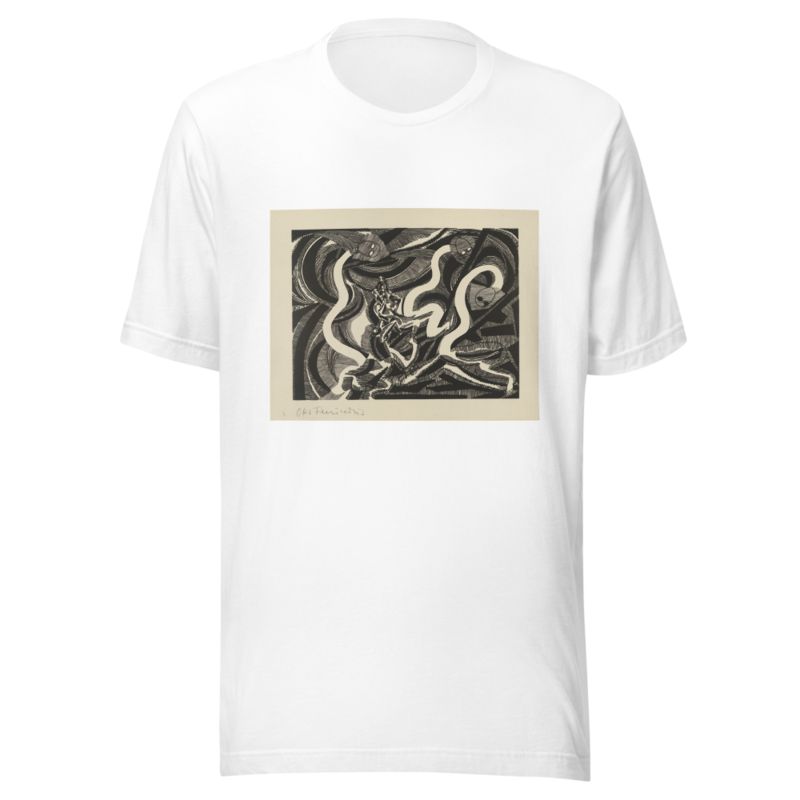
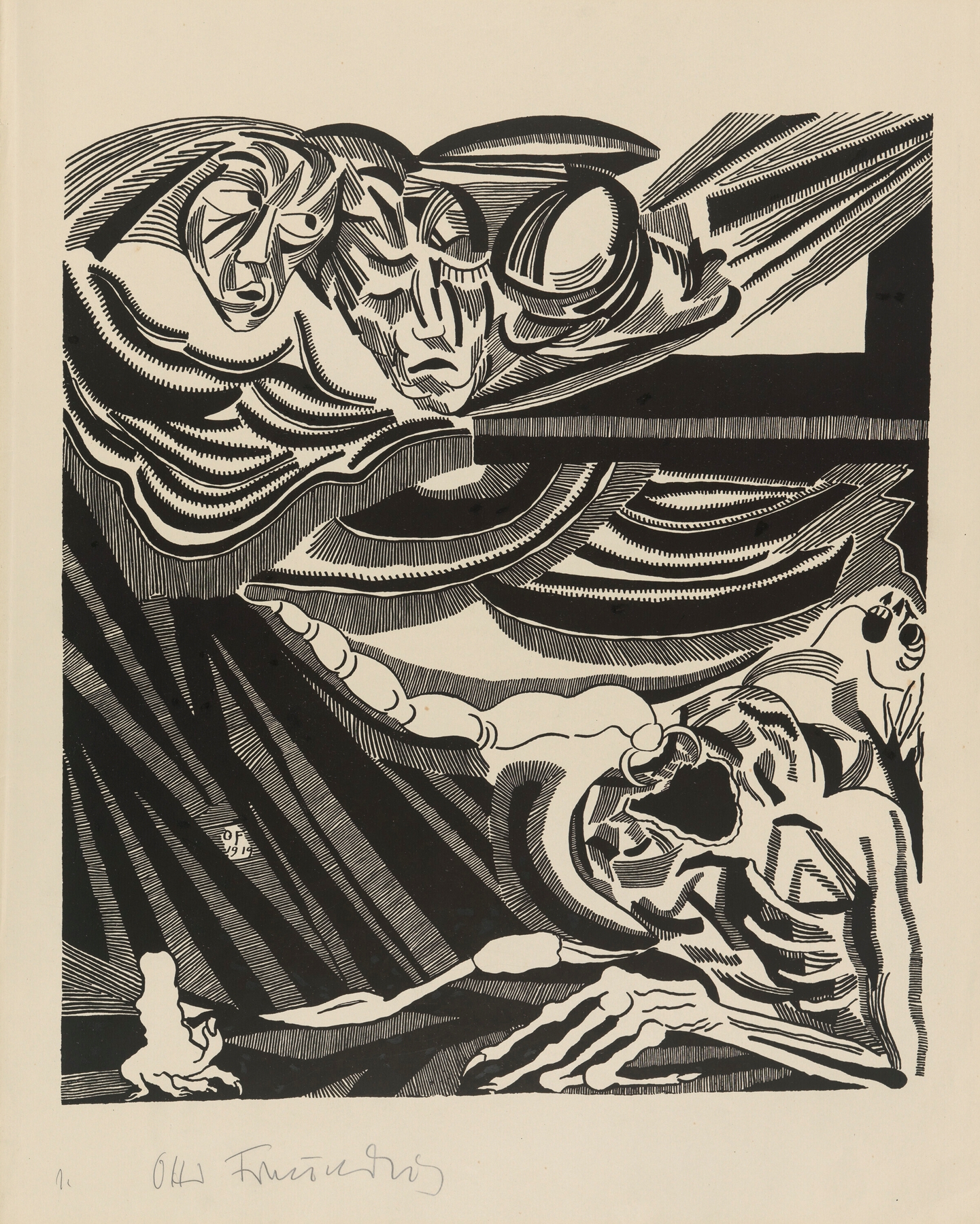
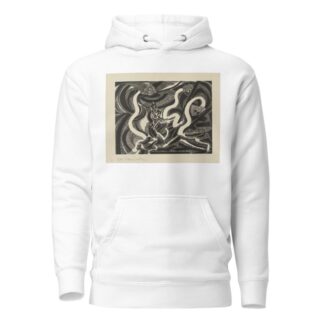
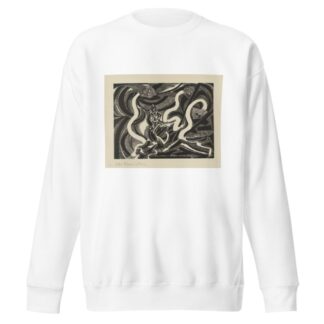
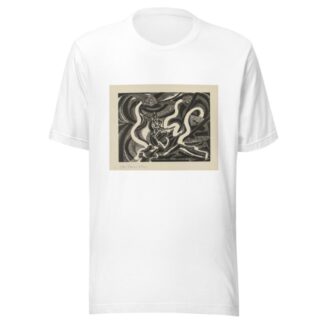
Reviews
There are no reviews yet.